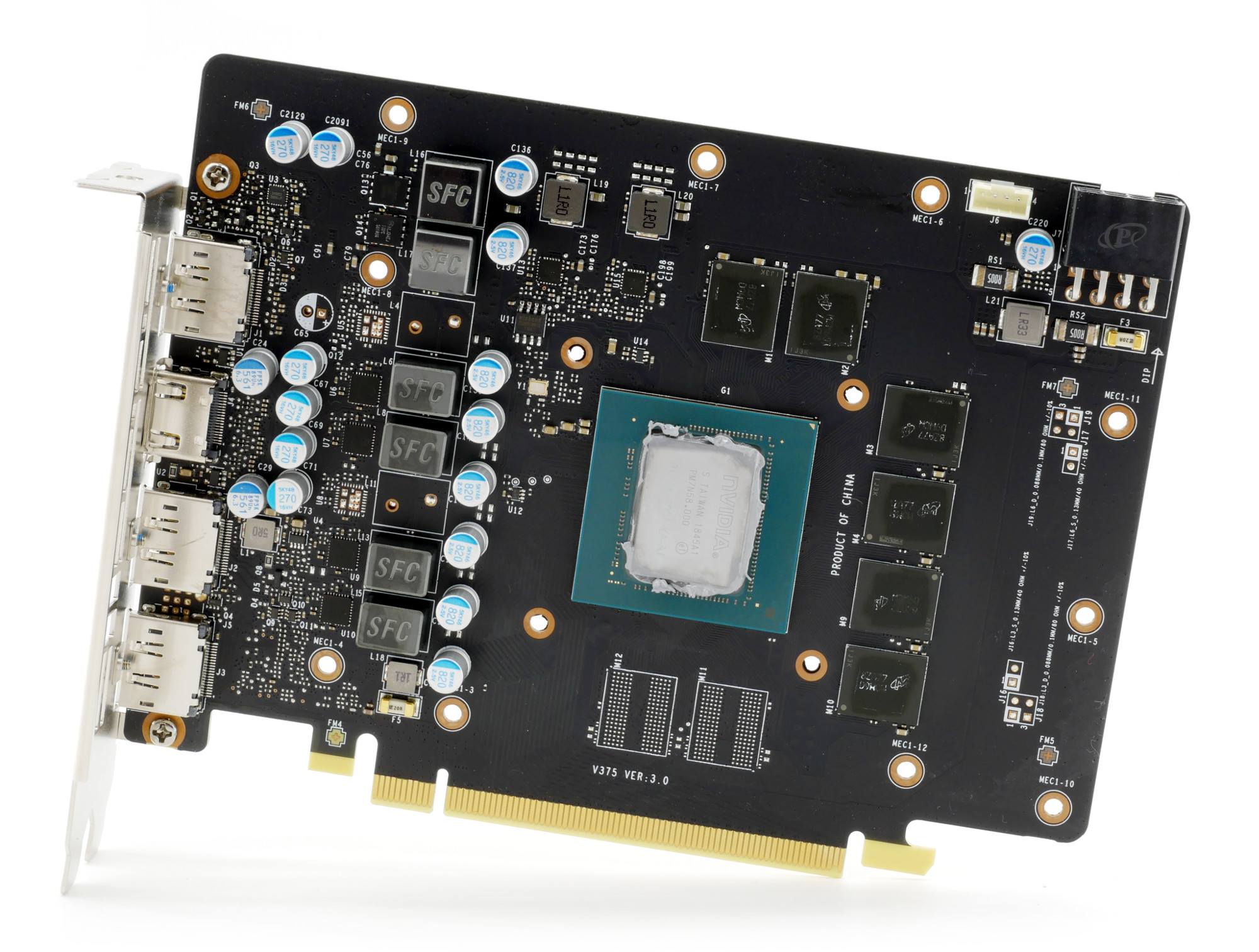I have MSI RTX 2060 Ventus XS and it has 160W power limit, which is 100% and I cannot raise it more.
How do I find a compatible bios from another 2060? I understand that the number of power connectors should be the same, but do I need to look for anything else, like power phases (I guess it has 6) or video outputs (3 DP and 1 HDMI)?
 P.S. I know that more power won't make it very good overclocking performer but why not?
P.S. I know that more power won't make it very good overclocking performer but why not?
How do I find a compatible bios from another 2060? I understand that the number of power connectors should be the same, but do I need to look for anything else, like power phases (I guess it has 6) or video outputs (3 DP and 1 HDMI)?


